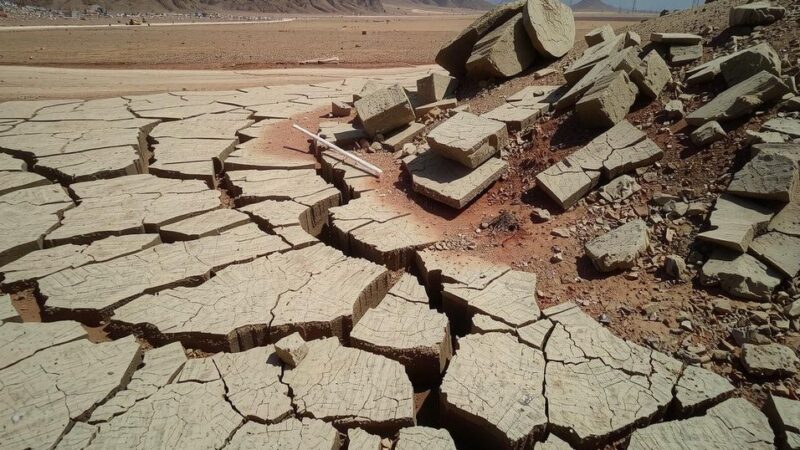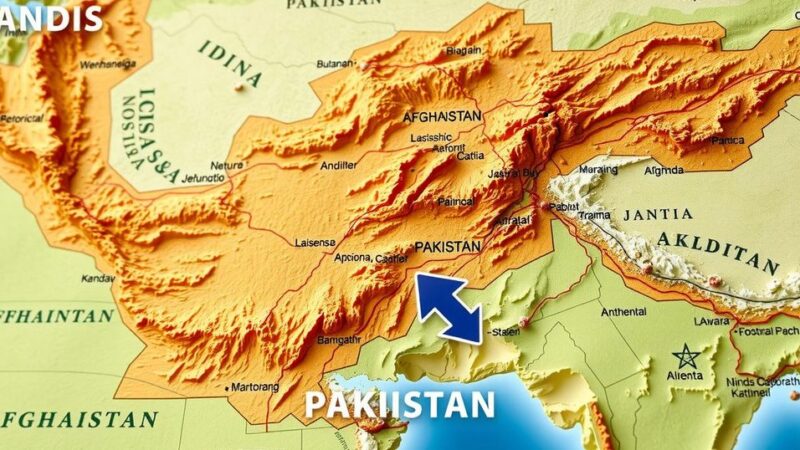Tropical Cyclone Dikeledi is set to impact northern Madagascar, threatening over 22,500 children with danger from severe weather, flooding, and displacement. Save the Children emphasizes the need for immediate humanitarian aid and increased global support to address the effects of climate change on vulnerable populations.
Families in northern Madagascar are preparing for the impending arrival of Tropical Cyclone Dikeledi, which is expected to bring dire weather conditions including heavy rains, strong winds, and severe flooding. Save the Children has reported that over 22,500 children in the affected regions are at serious risk of displacement and injury. Understanding the patterns of previous cyclones, it is feared that extensive damage to homes and essential infrastructure such as schools and hospitals may occur. Save the Children has emphasized the importance of proactive measures and has pre-positioned supplies in anticipation of the cyclone’s impact. Humanitarian aid and rescue operations are urgently needed in the face of this imminent crisis, and the organization is calling for increased climate funding to assist lower-income countries affected by climate change.
Tropical Cyclone Dikeledi is poised to make landfall in northern Madagascar, prompting concern over its potential devastation. This storm is the second significant cyclone to impact the region this season, highlighting a worrying trend in extreme weather events exacerbated by climate change. Northern Madagascar has faced significant rainfall, leading to fears of flooding and the displacement of vulnerable populations, especially children, who are often most affected during disasters. Save the Children, with its extensive experience in humanitarian response since 2016, is taking measures to mitigate the impending impacts on the communities and children at risk.
In summary, Tropical Cyclone Dikeledi poses a significant threat to northern Madagascar, with over 22,500 children vulnerable to its impacts. The importance of preparedness and immediate response by humanitarian organizations is underscored, especially in supporting at-risk families. The call for increased assistance from higher-income countries for climate-related disasters in less affluent nations remains critical. Save the Children’s dedication to advocating for children’s rights continues to be vital in the ongoing crisis.
Original Source: www.savethechildren.org







